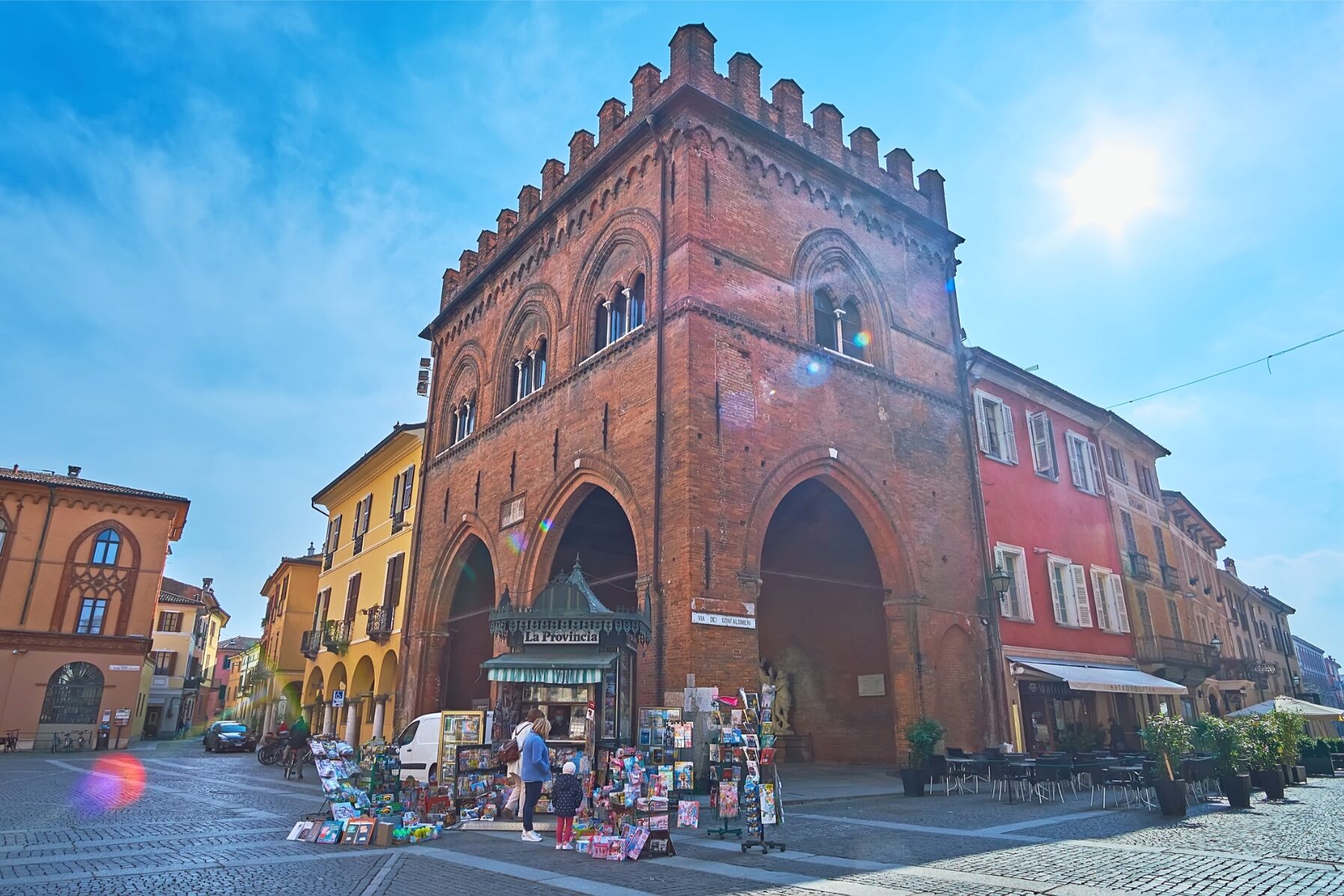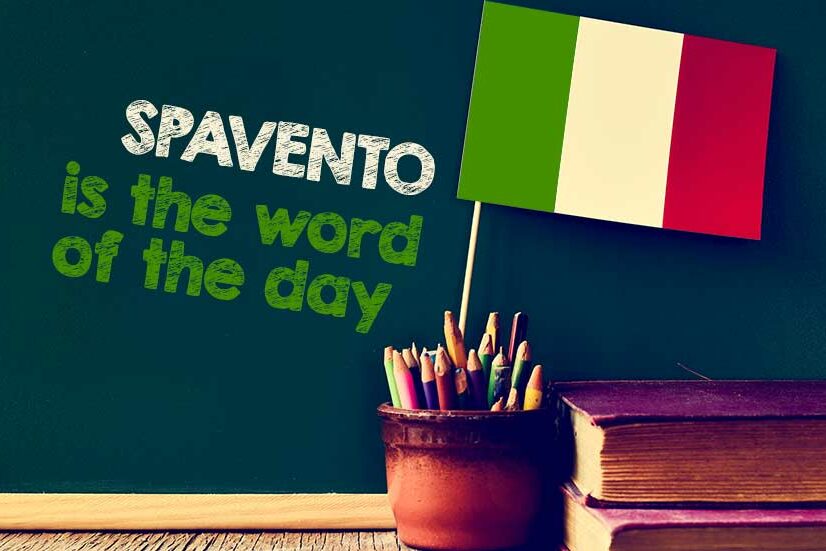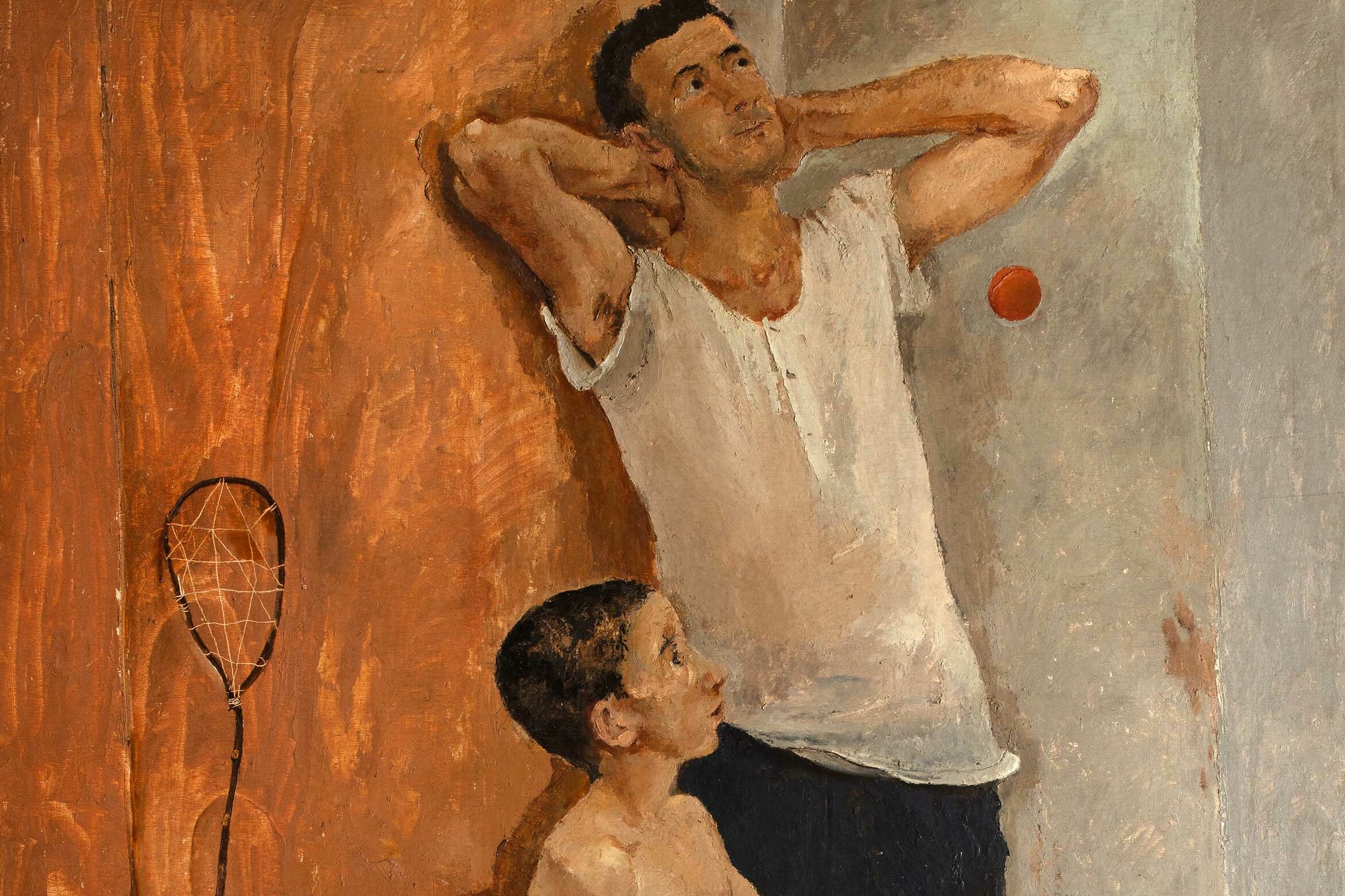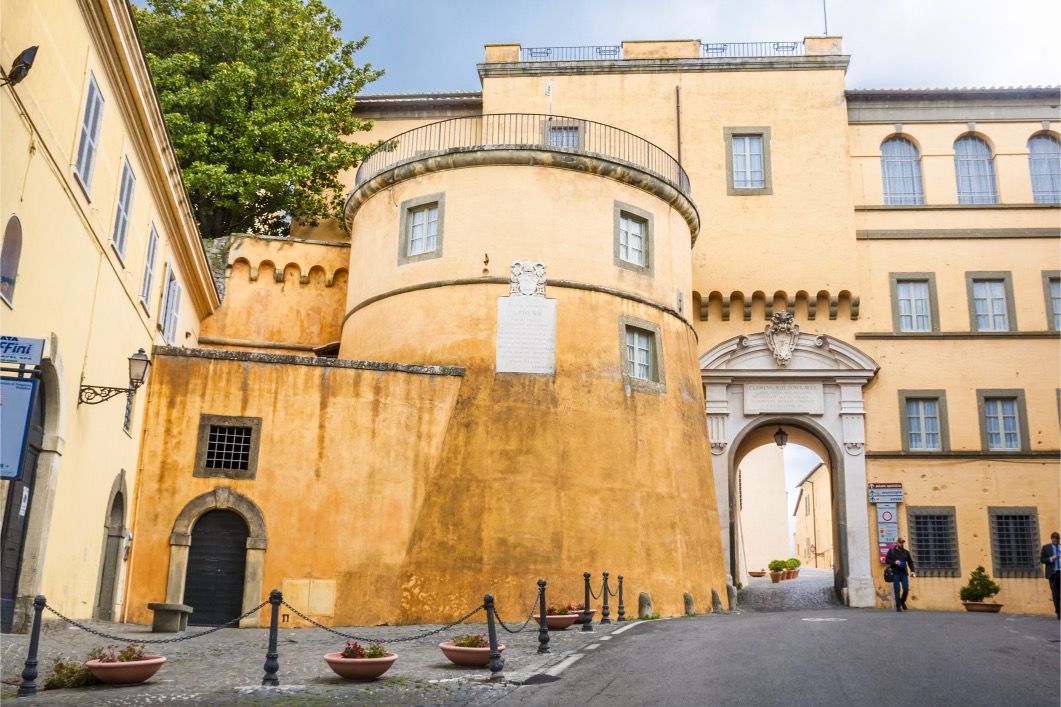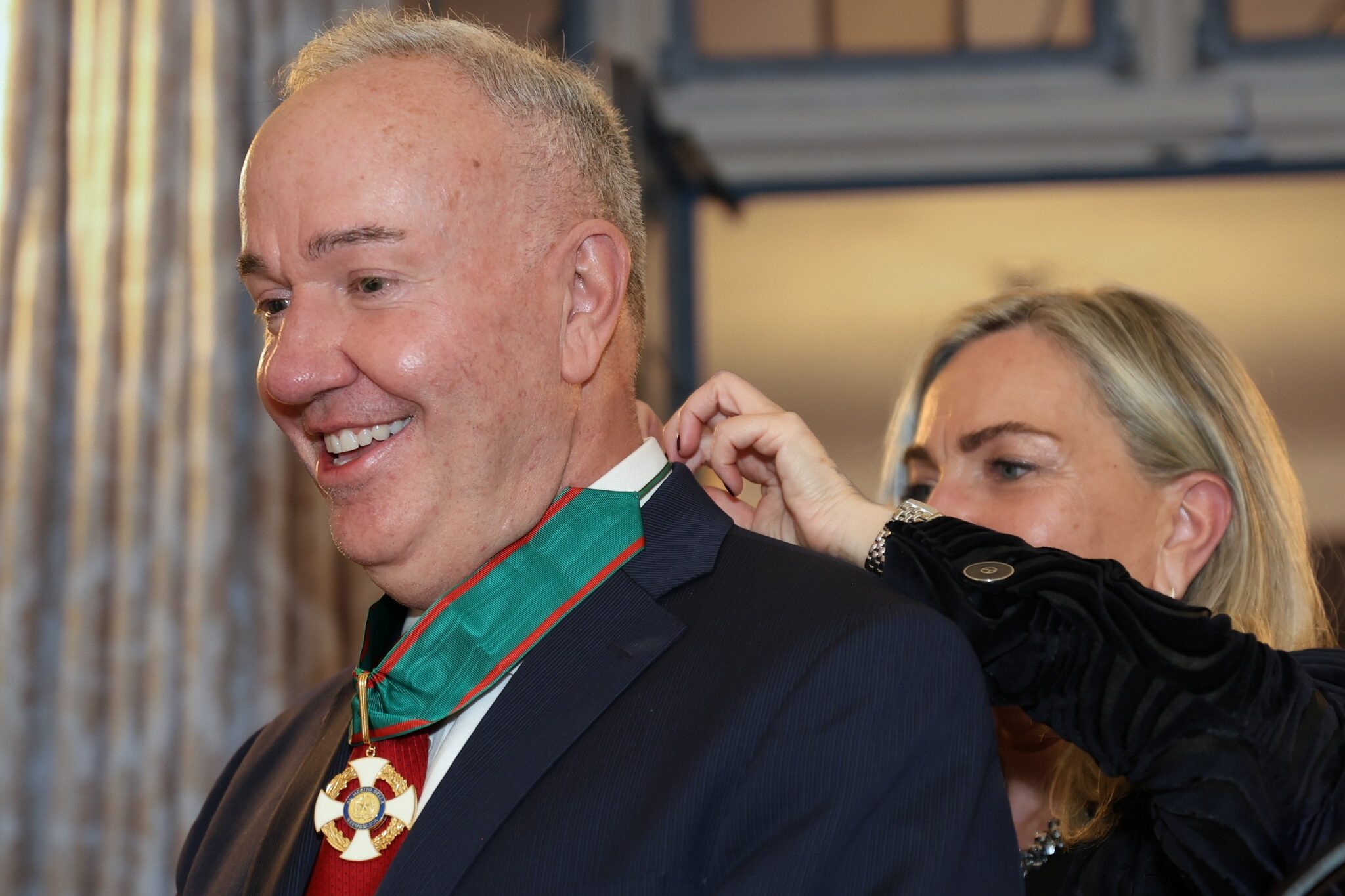In July 2014, a new association was founded with the aim of protecting the interests, rights, and intellectual work of many fellow Italians who are in the movie industry: the Writers Guild Italia. An easy name for a complex task that has remained unsolved for years.
Screenwriter and WGI spokesperson David Bellini has introduced himself, the Guild, and its mission to us.
Why the need for a Writers Guild?
Well, because there wasn’t one. In Italy there is a bunch of writers’ associations but we, the writers, and our job weren’t protected at all. Many of us don’t get paid for the job, or don’t get the credit for no reason. So we finally came up with something new.
I was a member of the SACT (Scrittori Associati di Cinema e Televisione), one of the most important associations of Italian writers established in 1996. In May 2012, SACT former president Giovanna Koch appointed me as spokesman in LA to start a dialogue with the Writers Guild of America. I did it, and I received advice and support. At the same time, in Italy, our Board began to think about a drastic change, until the majority of SACT members voted for the creation of the Writers Guild Italia.
We hope that sometime soon other writers’ associations will merge into this new entity, which has been created to protect each and every Italian writer, to promote our job, and to fight for our rights. Joining is easy, writers just need to go to our website and fill the registration form.
What kind of services does WGI offer?
We are trying to act as a real guild, a labor union. First of all, we have chosen 10 essential principles that we want to see in our future contracts. We are also working on a database of web writers to help them being acknowledged and paid for their work.
What kind of relationship does WGI have with the Italian and the American movie industry? And how does it reach out to the Italian American community?
We are building and strengthening our relationship with both Italian and American movie and TV industries. I am constantly in touch with the Writers Guild of America, and I am also approaching US executives and producers, in order to introduce Italian writers and their amazing projects to them. Meanwhile, my Italian peers in Italy are ceaselessly working to build new, solid relationships with Italian agencies, networks, producers, and festivals.
When it comes to reaching out to the Italian American community, I am the Guild’s official spokesman in Los Angeles, eager to talk to Italian American writers, producers, executives, and directors. I have already introduced some projects to both Consul General Giuseppe Perrone and the Italian Cultural Institute, and I am positive we will do something interesting all together quite soon.
In late January, you will lead an Italian-style screenwriting course at the IIC. Can you tell us more about it?
I think it is the first time that someone offers this type of course in Los Angeles, which is incredible, because Italian storytelling has been enormously important in the movie history, and many international writers and directors have studied our films and got inspiration from them.
I was lucky to have Vincenzo Cerami (La vita è bella) and Furio Scarpelli (Il postino, Il buono il brutto e cattivo, I soliti ignoti) as my mentors. Moreover, I’ve worked for the Italian industry for years, signing more than 500 TV episodes in Italy. A few months ago, former IIC Director Alberto Di Mauro and his Deputy Massimo Sarti asked me if I could give screenwriting classes, and we thought that an Italian-style screenwriting course could be a new, interesting opportunity. I love the American methods and know them pretty well, but if I were American I would think, how could I learn the Italian tricks of the trade?
This year, young aspiring writers, mature curious writers, Italian movies’ lovers, and even professional American writers with some interest in the Italian technique, can do it. This course will be like a window into our world, our history, our craft. In 10 weeks, we will explore the Italian way of screenwriting while watching and analyzing old and contemporary Italian masterpieces. In addition, for the first time in a course like this, we will take a look at the most acclaimed Italian TV shows. After all, the US industry is more and more curious about foreign productions, and just a few weeks ago Starz bought the rights to adapt the Italian drama Romanzo Criminale.
How do you like Los Angeles?
I am a writer. I believe in what I am able to tell. I started this career with a dream, so at a certain point I thought I had to come to LA. And here I am. My wife would prefer to live in Oregon, she likes green landscapes, but Hollywood is not in Portland. As far as I’m concerned, I love Los Angeles. Maybe it isn’t the most beautiful city in the world, but it felt like mine from the first time.










